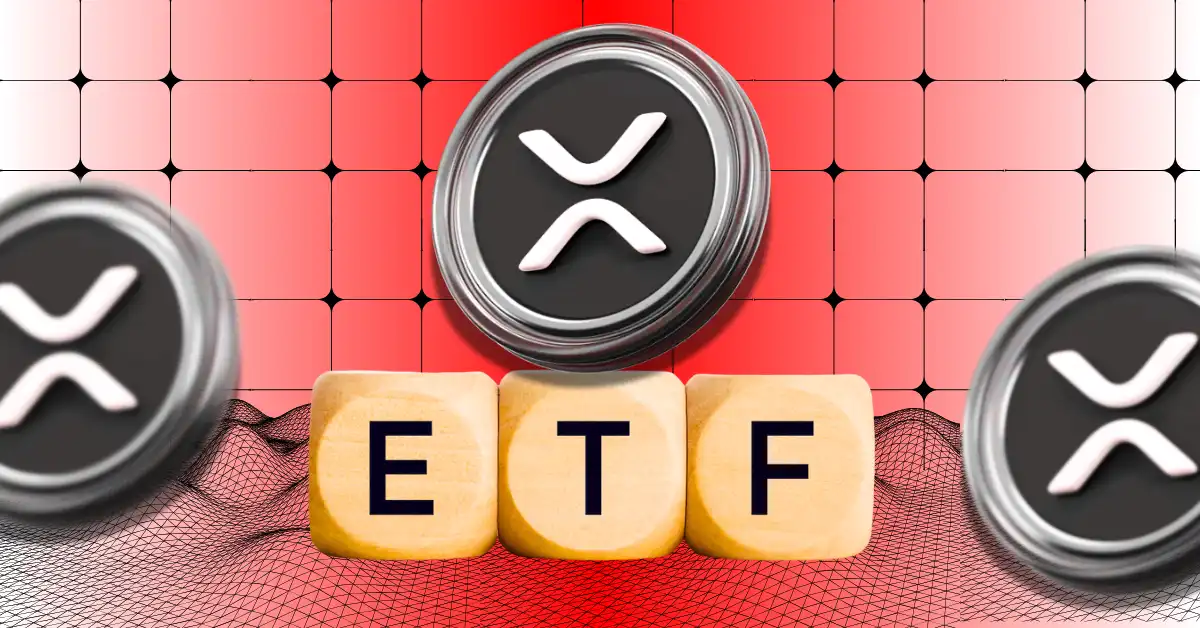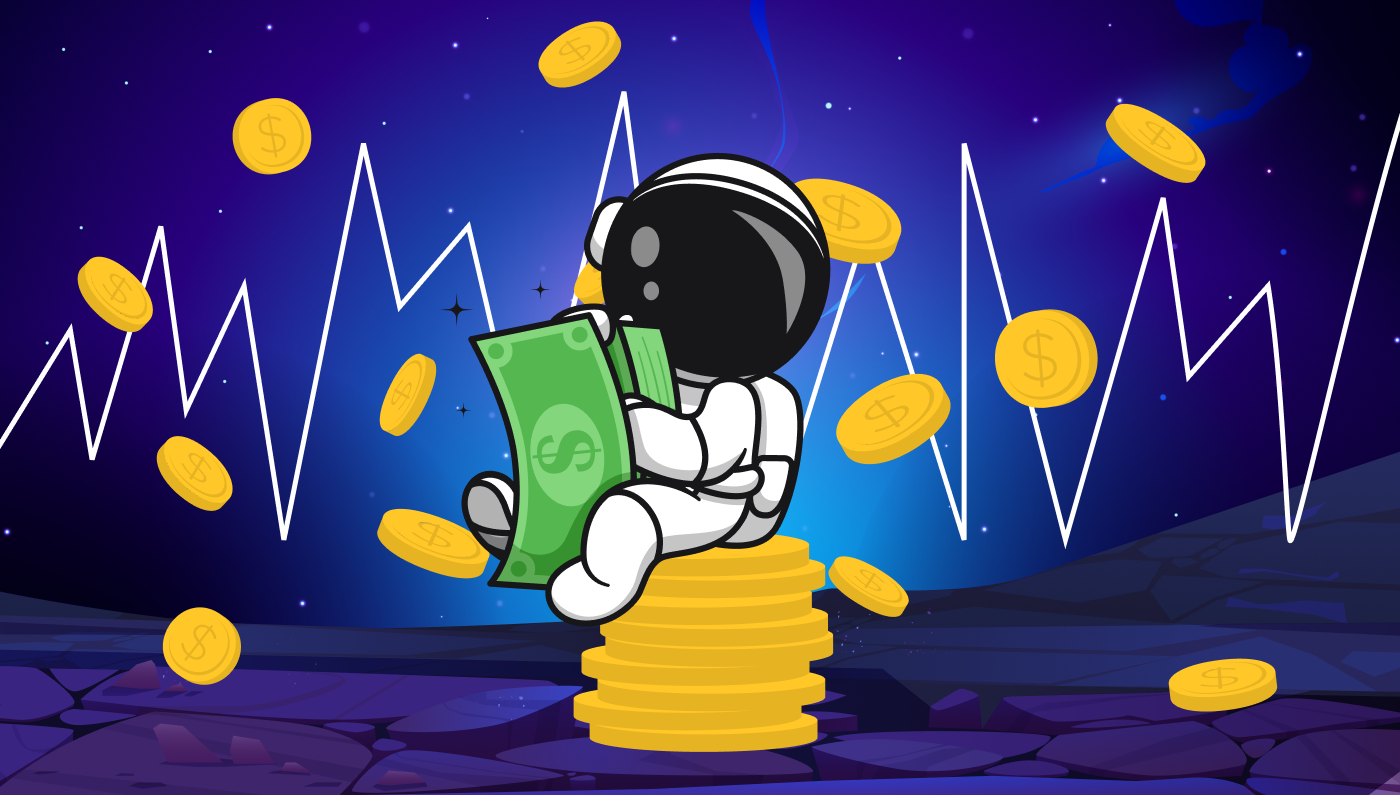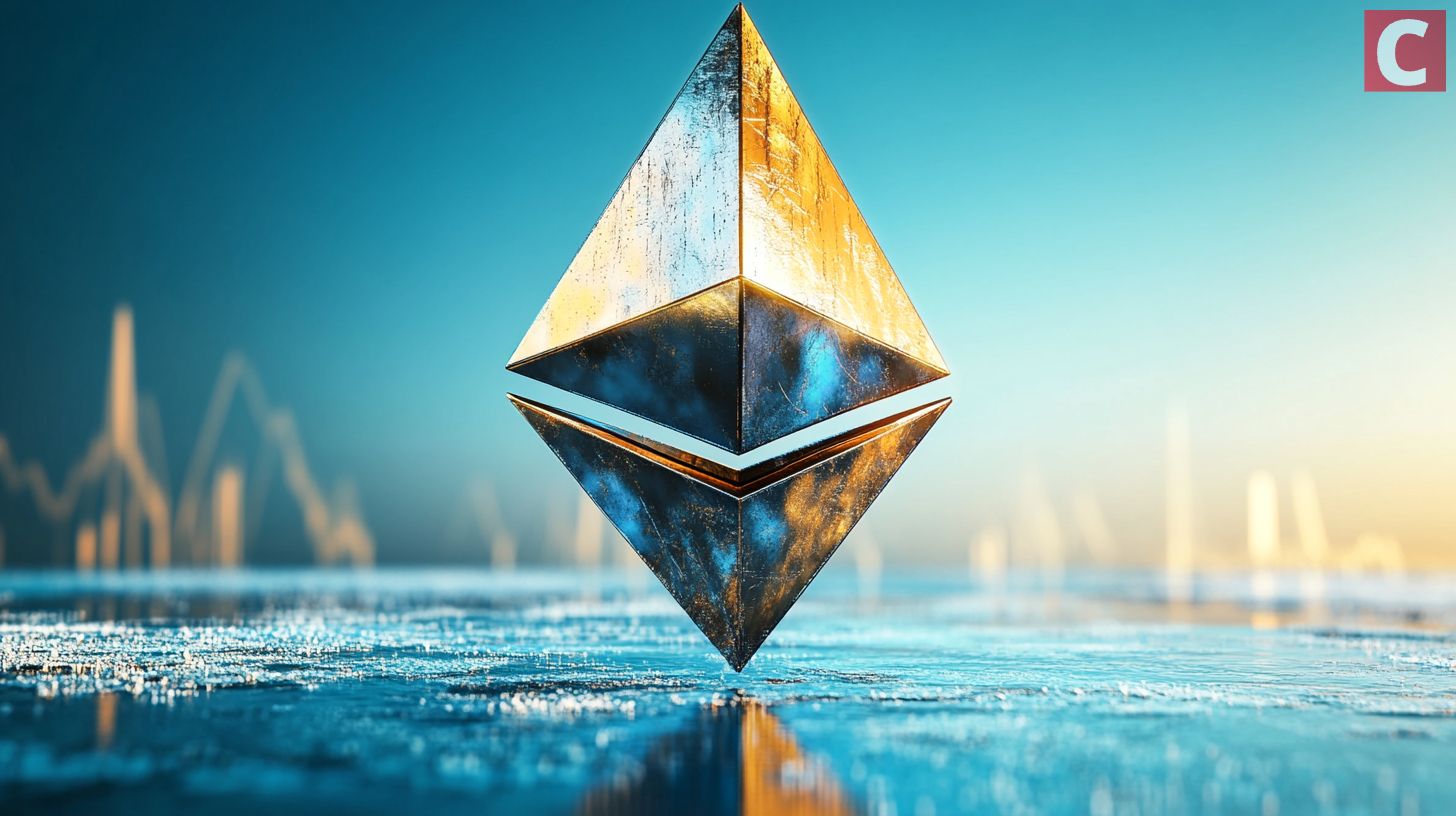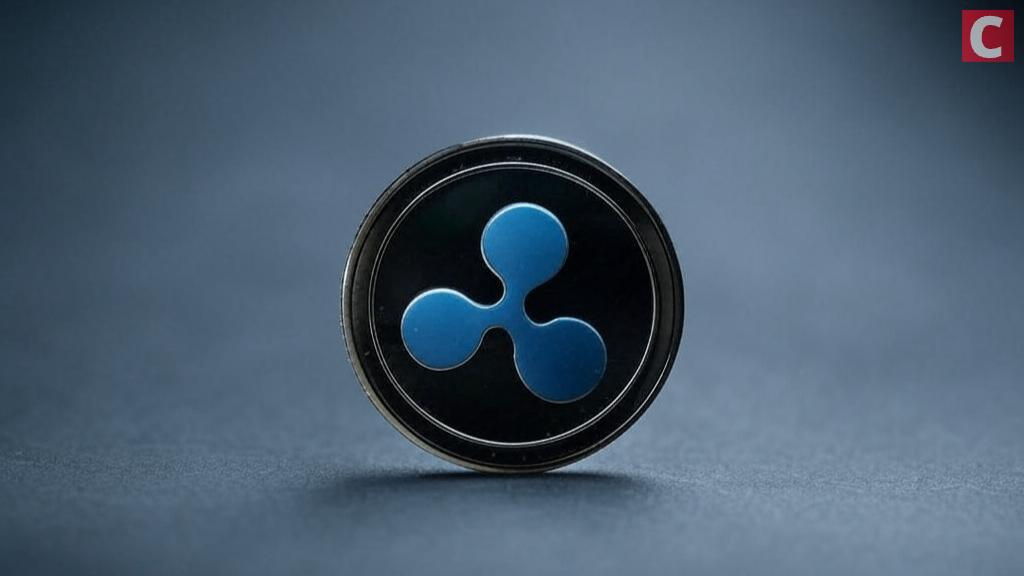GameStop’s $1.4 Billion Investment in Bitcoin: A New Trend in Corporate Finance
GameStop, the well-known video game retailer, recently announced its plans to raise $1.4 billion through convertible notes to invest in Bitcoin as a treasury reserve asset. This move comes as more corporations are exploring the adoption of cryptocurrencies, despite mixed reactions from investors and analysts.
GameStop’s Bitcoin Investment: A Detailed Look
GameStop’s decision to invest in Bitcoin marks a significant shift in the company’s financial strategy. The funds for this investment will be raised through the sale of convertible notes, which are essentially bonds that can be converted into shares of the issuing company’s stock at a later date. The notes will have a maturity of five years and an initial conversion price of $123.20 per share.
The Bitcoin investment is expected to be held as a treasury reserve asset. This means that GameStop intends to keep the cryptocurrency on its balance sheet as a liquidity reserve, rather than using it for operational purposes. This strategy is not uncommon among corporations, as holding cash reserves in the form of Bitcoin can help protect against inflation and currency devaluation.
Mixed Reactions from Investors and Analysts
GameStop’s announcement has received mixed reactions from investors and analysts. Some view this move as a wise investment in a rapidly growing asset class, while others are skeptical of the risks associated with Bitcoin and the potential impact on the company’s financial stability.
Critics argue that Bitcoin’s volatility makes it an unreliable store of value and a risky investment for corporations. They point to the cryptocurrency’s history of price swings, which can be significant and unpredictable. For example, Bitcoin’s price rose from around $1,000 in early 2017 to nearly $20,000 by the end of the year, before crashing back down to around $3,000 in late 2018.
Impact on Individuals
For individuals, GameStop’s investment in Bitcoin could signal a growing trend among corporations to adopt cryptocurrencies as a financial asset. This trend could lead to increased demand for Bitcoin and other cryptocurrencies, potentially driving up their prices. However, it could also lead to increased volatility, as more institutional investors enter the market.
Impact on the World
At a broader level, GameStop’s investment in Bitcoin could have significant implications for the global economy. If more corporations follow suit and invest in cryptocurrencies, it could lead to a shift away from traditional financial assets and towards decentralized, digital currencies. This could have far-reaching consequences for the financial system, central banks, and governments.
Conclusion
GameStop’s decision to invest $1.4 billion in Bitcoin as a treasury reserve asset marks a significant shift in corporate finance and represents a growing trend towards the adoption of cryptocurrencies by corporations. While the move has received mixed reactions from investors and analysts, it could have significant implications for individuals and the global economy. Only time will tell whether this trend continues and what the long-term consequences will be.
- GameStop plans to raise $1.4 billion through convertible notes to invest in Bitcoin as a treasury reserve asset
- This move comes as more corporations explore the adoption of cryptocurrencies
- The funds will be raised through the sale of convertible notes with a maturity of five years and an initial conversion price of $123.20 per share
- The Bitcoin investment is expected to be held as a treasury reserve asset
- The move has received mixed reactions from investors and analysts, with some viewing it as a wise investment and others skeptical of the risks
- GameStop’s investment could signal a growing trend among corporations to adopt cryptocurrencies as a financial asset
- This trend could lead to increased demand for Bitcoin and other cryptocurrencies, potentially driving up their prices
- It could also lead to increased volatility, as more institutional investors enter the market
- The move could have significant implications for individuals and the global economy





